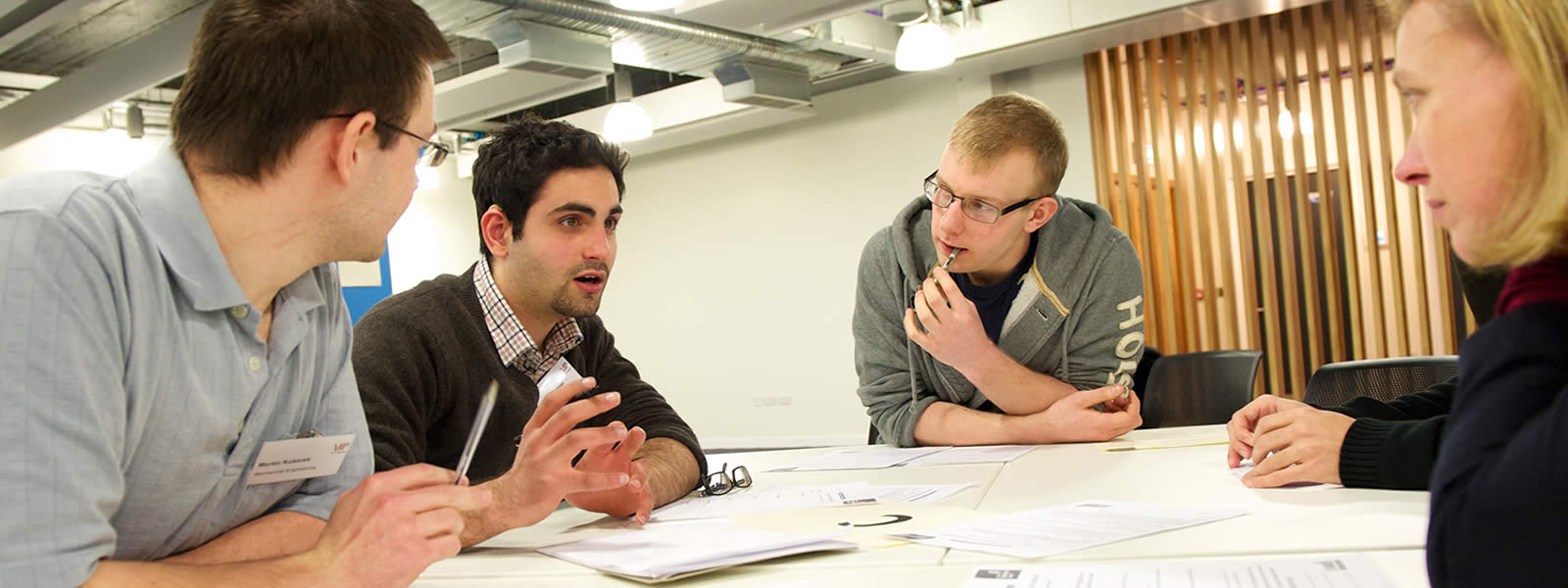Is this course right for me?
Target Audience: Staff and Students
Since its inception a few years ago the Vertically Integrated Project Consortium (of which Strathclyde is a founding member) has grown considerably taking in new programs in South East Asia and the Far East.
Professor Coyle will talk about the growth of this program and his vision for its future development.
The talk will be followed by networking and refreshment with some of the current Strathclyde VIP teams displaying posters of their work.
Abstract
Modern universities, especially those classified as research-intensive institutions, are highly fragmented:
— By Discipline - Students and faculty are sorted by discipline. There are few opportunities for students to interact in a meaningful way with those in other disciplines. For faculty, there are few incentives or rewards to initiate multidisciplinary collaborations.
— By Time - The semester/quarter and the academic year are the fundamental units of time on campuses. Within a semester, the fundamental unit is a credit hour that is associated with a fixed amount of time in a classroom or a laboratory.
— By Mission - Universities typically define their missions to be research, education, and service. In very few cases are these missions integrated in a way that the boundaries between them are not obvious.
Efforts to transform higher education must account for this fragmentation. If they do not, any success they achieve will likely be temporary or affect only a small number of students and faculty.
In this talk, we report on our effort, in which the Univ. of Strathclyde is a founding partner, the Vertically Integrated Projects (VIP) Program, to address and overcome fragmentation in higher education. The key has been to leverage faculty interests in and institutional reward structures for research, especially when research is defined in a discipline-independent way as innovation. VIP provides a mechanism that enables undergraduates to participate in and contribute to innovative efforts led by faculty and their graduate students.
Delivered By: Education Enhancement
